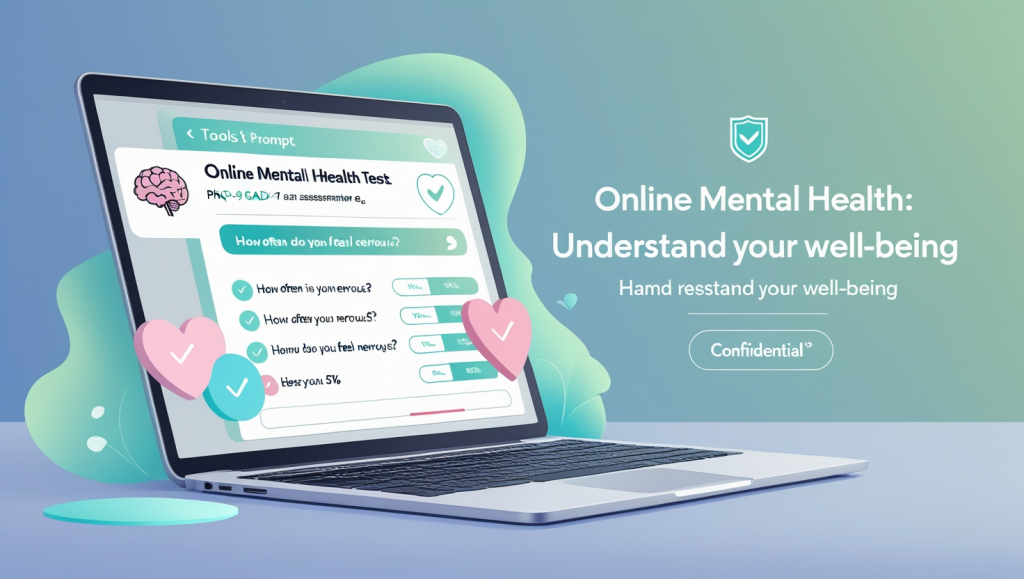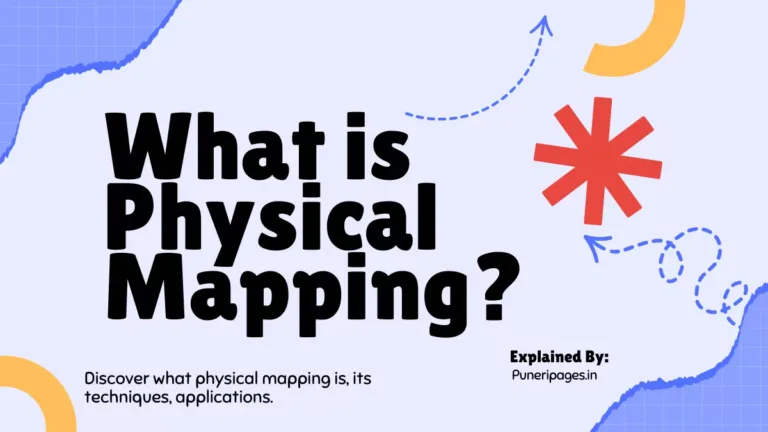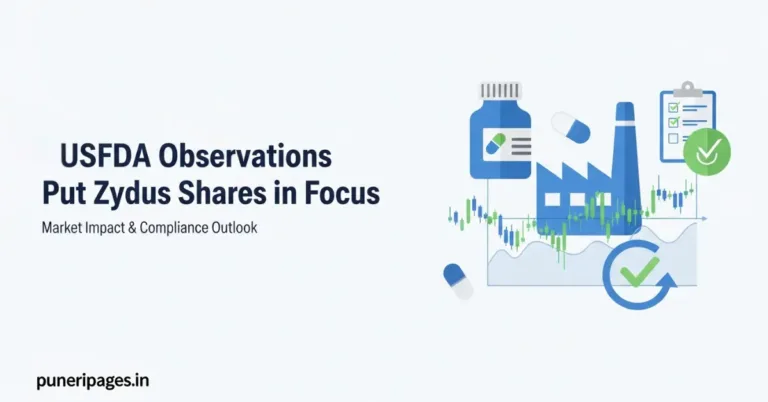
Online mental health tests are accessible tools designed to help individuals identify potential symptoms of mental health conditions such as depression, anxiety, PTSD, and more. These screenings are not diagnostic but serve as a starting point for understanding mental health concerns and initiating conversations with professionals.

Types of Online Mental Health Tests
1. Self-Assessment Tools
- General Mental Health Screenings:
- Psychology Today’s 20-Question Test: A 3-minute assessment evaluating daily coping mechanisms and emotional well-being.
- MHA Screening Tools: Anonymous tests for depression, anxiety, bipolar disorder, PTSD, and substance use, with follow-up resources.
- Condition-Specific Tools:
- PHQ-9 (Depression): A 9-item questionnaire assessing depression severity.
- GAD-7 (Anxiety): A 7-item scale measuring generalized anxiety symptoms.
- Insomnia Severity Index (ISI): Evaluates sleep disturbances and their impact.
2. Professional Clinical Assessments
- DSM-5-TR Cross-Cutting Symptom Measures:
- Level 1 (brief) and Level 2 (in-depth) tools for adults and children, used by clinicians to assess symptoms across multiple domains (e.g., mood, psychosis).
- Beck Inventories:
- Beck Anxiety Inventory (BAI): 21-item scale rating physical and cognitive anxiety symptoms.
- Beck Depression Inventory (BDI): Measures depression severity with 21 symptom-based questions.
- MMPI-2: A 567-question psychometric test used to diagnose conditions like schizophrenia and hypomania.
3. Specialized Screenings
- Youth Mental Health Tools:
- REDCap Assessment: For ages 12–30, focusing on mood disorders, psychosis, suicidality, and substance use.
- Disability & Functionality:
- WHODAS 2.0: Assesses daily functioning in six areas (e.g., self-care, social participation).
- Cultural & Developmental Factors:
- Cultural Formulation Interview (CFI): Explores cultural influences on mental health.
Benefits of Online Mental Health Tests
- Accessibility: Free, anonymous, and available 24/7 (e.g., MHA, Talkspace).
- Early Intervention: Identifies symptoms before they escalate (e.g., Penn State’s screening for college students).
- Privacy: No personal data collection in tools like Psychology Today’s assessments.
- Cost-Effective: Reduces barriers to initial mental health evaluation.
Limitations & Considerations
- Not Diagnostic: Results indicate potential symptoms but require professional validation.
- Variable Quality: Some tools lack validation (e.g., pop psychology quizzes).
- Limited Scope: May miss nuanced issues like trauma or personality disorders.
- Overlap in Symptoms: Conditions like anxiety and depression often share traits, complicating self-assessment.
When to Seek Professional Help
- High-Risk Results: Suicidal ideation, self-harm urges, or severe impairment (e.g., REDCap tool recommendations).
- Persistent Symptoms: If issues last >2 weeks and disrupt daily life.
- Complex Conditions: For disorders like bipolar or OCD, clinical evaluation is essential.
Top Recommendations for Using Online Tests
- Choose Validated Tools: Prioritize clinically backed assessments (e.g., PHQ-9, GAD-7).
- Pair with Professional Care: Use results to start conversations with therapists or doctors.
- Track Progress: Tools like Quenza allow repeated assessments to monitor treatment efficacy.
Crisis Resources
- U.S. Suicide & Crisis Lifeline: Call/text 988 or visit 988lifeline.org.
- Crisis Text Line: Text “MHA” to 741-741.
Conclusion
Online mental health tests are valuable for raising awareness and guiding next steps but should complement—not replace—professional care. Whether you’re exploring general well-being or specific symptoms, these tools empower individuals to take charge of their mental health journey.
Explore Tools:






